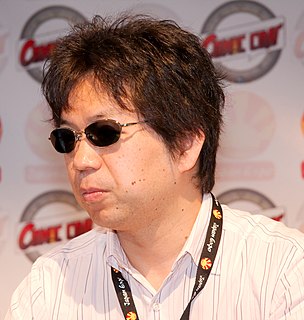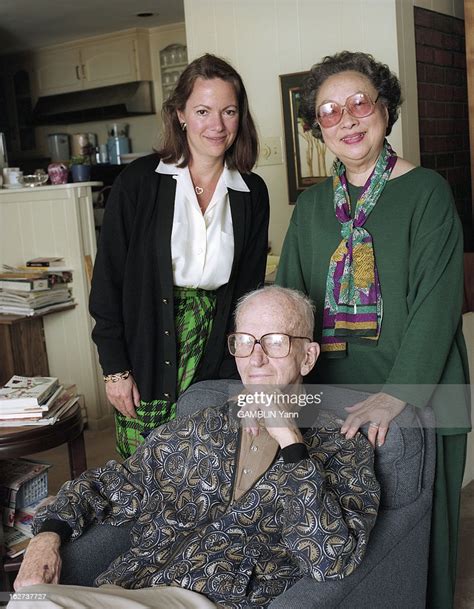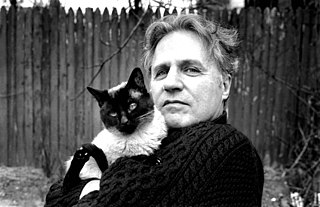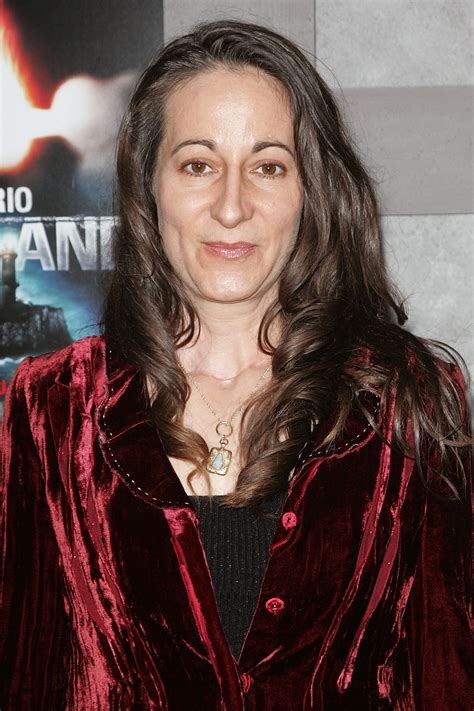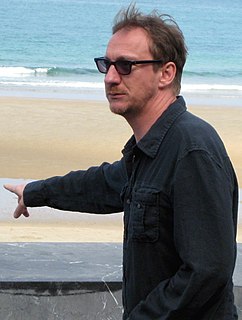A Quote by Edith Bowman
Japan was this wonderful unexplainable sensual explosion - everything about it I found fascinating. There's a real dichotomy between the 'Blade Runner'-esque Tokyo to visiting a Buddhist monastery in the countryside.
Related Quotes
Blade Runner is a rare science fiction movie so full of material that pages can be written about it without scratching the surface. A review like this can provide little more than an overview. A detailed exploration of the movie, its style, and its mysteries requires dedication that only someone immersed in Blade Runner lore can provide.
I had thought that Tokyo would be like New York City, but it wasn't. I'd imagined that they'd be similar in their bustle and noise level, but, in fact, Tokyo is a very calm metropolis. The bright lights and hectic night-life images so often found in advertisements and Western media do not reflect every day Japan.
Koizumi was not rooted in Japan's rightwing nationalist tradition: he was a pragmatist and a populist. Abe, in contrast, is a rightwing nationalist. Unlike Koizumi, for example, he has questioned the validity of the postwar Tokyo trials of Japan's wartime leaders, which found many of them guilty of war crimes.

